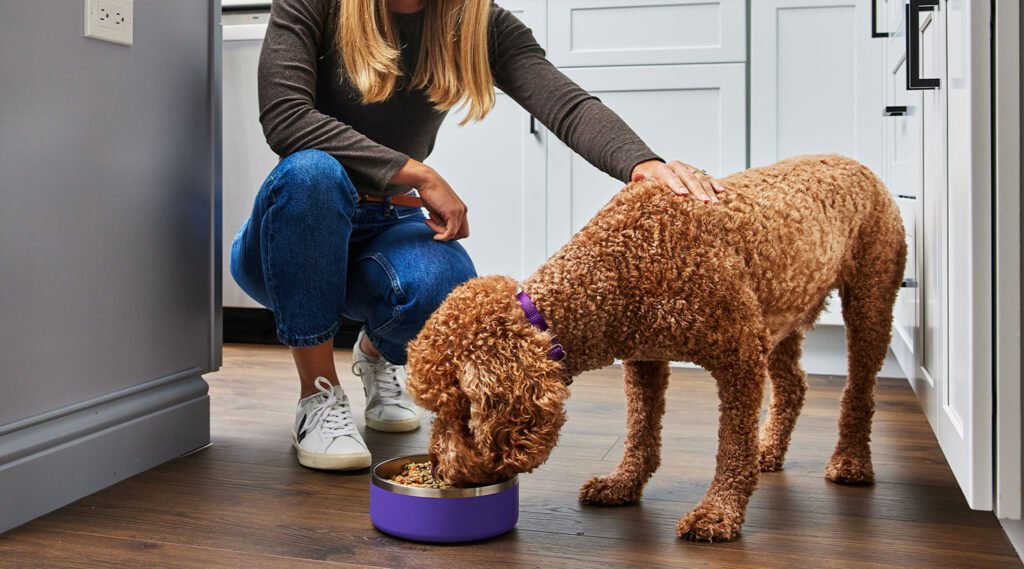The pandemic has significantly influenced our national purchasing behaviors, notably impacting the market for pet owners. According to a Covid-19 survey conducted by the Pet Food Association and manufacturers, one-third of adults aged 24 to 35 now have a pet in their household. This increase in younger pet owners suggests a growing demographic segment within the pet owner market, indicating potential future trends.
Individuals between the ages of 25 and 40, referred to as visionaries, are recognized for their strong affinity towards durable goods and their keen interest in technology across various domains.
They exhibit a notable familiarity with on-demand services such as Amazon Prime, Netflix, and YouTube. Compared to baby boomers or generation X customers, they demonstrate superior online acumen, showcasing distinctive shopping behaviors and unique perspectives.
What emerging trends can be anticipated in pet care as this demographic, characterized by a strong affinity for pet ownership, continues to interact with the pet care landscape?
Humanization

A prominent trend shaping the pet food industry involves aligning pet food offerings with human food standards, where distributors endeavor to match attributes such as appearance, ingredients, scent, and product names. Many providers are now emphasizing “clean labels,” incorporating trendy health-related terms like “seasonal,” “free-from,” “clean,” and “homemade” on pet food packaging. This surge in humanization of pet food can be attributed to the narrowing gap between human and pet food standards, as many pet owners now perceive the nutritional requirements of their furry companions in a manner akin to their own.
Health Focus

Thanks to the pervasive influence of the “let me Instagram it” healthy eating movement, the food industry is experiencing a shift towards minimally processed and natural products. This trend is expected to extend to pet prescription foods, reflecting a growing awareness of health-conscious practices. Pet owners now seek the most nutritious ingredients for their companions, moving away from concerns about “bioengineered” and “GMO” foods. Brokers are increasingly incorporating nutrient-dense superfoods like kale, chia, kelp, broccoli, apples, raw honey, and pumpkin into pet food formulations. Additionally, there will be a greater emphasis on integrative pet nutrition, addressing various aspects of pet health including aging-related changes. Processors will introduce alternatives to manage inflammation, cognition, digestion, and skin health.
Digital Prescriptions

Younger generations are increasingly drawn to subscription-based purchasing habits, with millennials notably driving this trend. A wide array of subscription services, ranging from meal subscriptions like Mindful Chef and Hello Fresh to various other products such as coffee, socks, and makeup, are now available. This growing preference for subscriptions extends to pet food as well. Millennials prioritize brands that enhance their lives, and digital subscriptions offer convenience, cost savings, and fulfill essential needs like pet feeding. Tails is a prime example of a pet food subscription service that caters to this demographic. By creating personalized meal plans tailored to each pet’s unique requirements from a vast selection of options, Tails aims to improve digestion, skin health, and joint health through well-balanced vitamins and ingredients. This approach resonates well with the millennial market, as it combines digital accessibility with a sincere commitment to addressing individual pet health concerns, ensuring the best possible care for their dogs.
Pet Owner’s Education

Another significant trend, driven not solely by financial considerations but also by a sense of responsibility, is the focus on pet owner education. Many millennials acquired pets during lockdown both for companionship during social distancing and to enhance their mental well-being. However, research conducted by The Kennel Club revealed that among those acquiring a new dog during lockdown, one in four were unsure if their dog originated from a puppy farm, and one-fifth were uncertain if their new pet would seamlessly integrate into their pre-lockdown lifestyle. Brands have taken it upon themselves to educate this new generation of pet owners, exemplified by initiatives such as The Kennel Club’s #bepuppywise campaign. This campaign aims to educate prospective puppy buyers through a concise, three-step process: identifying the most suitable breed, recognizing reputable breeders, and understanding proper care practices. This presents an opportunity for all pet care brands to contribute to the education of potential lifelong customers.

